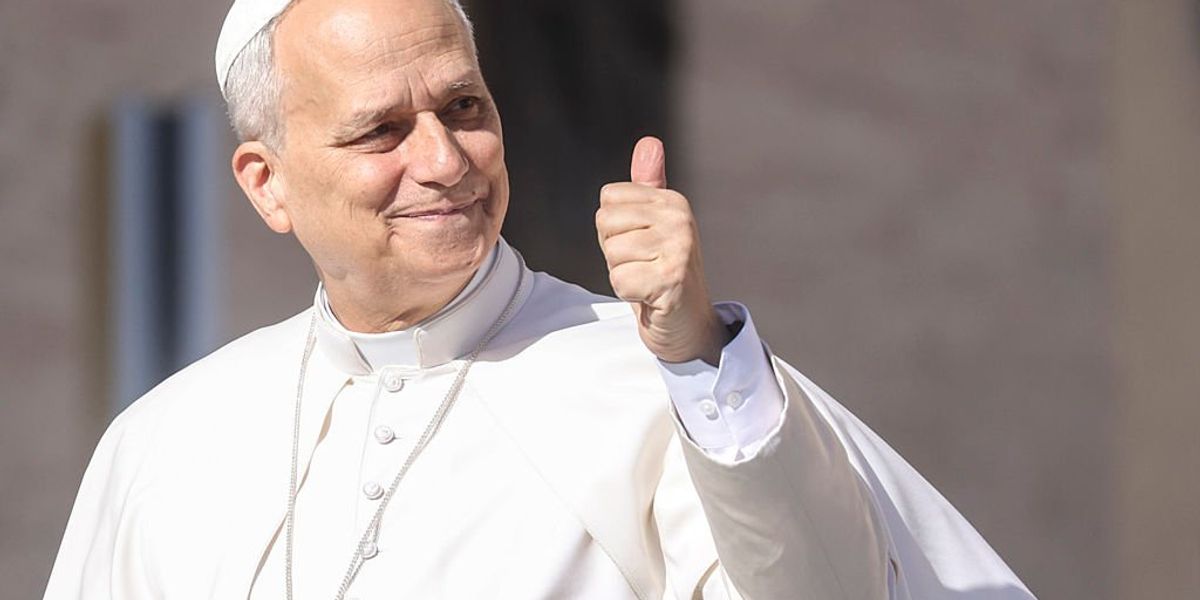

In the centuries following North America's separate visits by Catholic explorers Leif Erikson, John Cabot, and Amerigo Vespucci, the United States has counted tens of millions of Catholics as its own but not a single pope — until this year.
On May 8, Chicago-born Robert Prevost, one of America's over 60 million Rome-ward citizens, became supreme pontiff of the Catholic Church, taking the name Pope Leo XIV.
The unprecedented nature of Pope Leo's papacy has generated some uncertainty about the status of his citizenship, which federal law indicates could, in some cases, be taken away from an American who accepted a position as a foreign head of state.
According to the U.S. State Department, "A U.S. national's employment ... with the government of a foreign country or a political subdivision thereof is a potentially expatriating act pursuant to Section 349(a)(4) of the Immigration and Nationality Act if the individual is a citizen of that foreign country or takes an oath of allegiance to that country in connection with such employment."
The policy clarifies that accepting, serving in, or performing the duties of a foreign office can result in expatriation "only if done voluntarily with the intention of relinquishing U.S. citizenship."
The State Department works under the presumption that Americans intend to keep their U.S. citizenship when they "naturalize as nationals of a foreign state, declare their allegiance to a foreign state, or accept non-policy level employment with a foreign government."
 Photo by Cristian Gennari via Vatican Pool/Getty Images
Photo by Cristian Gennari via Vatican Pool/Getty Images
The U.S. Supreme Court made clear in a January 1980 ruling that in establishing loss of citizenship, the government must "prove an intent to surrender United States citizenship, not just the voluntary commission of an expatriating act such as swearing allegiance to a foreign nation."
Paul Hunker, an American immigration attorney, told the Catholic News Agency, "I think unless he comes forward and says, ‘I have the intention of relinquishing my U.S. nationality,’ then he is not considered to have lost his U.S. citizenship."
While Secretary of State Marco Rubio stated that the papacy "is not a political office, it is a spiritual office," the pope nevertheless commands temporal powers that appear to qualify his position as policy-level employment, meaning his citizenship status could undergo greater scrutiny.
'He is the Holy See.'
In addition to serving as spiritual leader of over 1.4 billion Catholics worldwide, Pope Leo is the absolute monarch of the world's smallest country.
According to Vatican City law, he holds "the fullness of the power of government, which includes the legislative, executive, and judicial powers," directing the 121-acre Vatican City, its population of 673 citizens, and its full diplomatic relations with 184 states, including the U.S., where CatholicVote co-founder Brian Burch was just made President Donald Trump's ambassador to the Holy See.
RELATED: Pope Leo XIV: The right leader for a church in crisis
 Mondadori Portfolio/Getty Images
Mondadori Portfolio/Getty Images
Whereas Americans employed by foreign governments in non-policy-level foreign government positions don't have to take any steps to retain their U.S. citizenship, those in policy-level positions could face review and questions about their intent with regards to their nationality.
The State Department policy notes that it "will only actively review cases in which a U.S. national is elected or otherwise appointed to serve as a foreign head of state, foreign head of government, or foreign minister," and does so because "such cases raise complex questions of international law, including issues related to the level of immunity from U.S. jurisdiction that the person so serving may be afforded."
When pressed by the Associated Press, the State Department declined to comment about the pope's status, noting that it does not discuss the citizenship of individuals.
To ensure that the pope remains an American at least on paper, Rep. Jeff Hurd (R-Colo.) recently introduced legislation prohibiting the revocation of U.S. citizenship during a papal tenure.
The so-called Holy Sovereignty Protection Act, which was referred to the Committee on Ways and Means on July 17 and presently has six Republican co-sponsors, would also exempt the pope from U.S. tax obligations.
"The election of Pope Leo XIV marks a historic moment not only for the Catholic Church but for America," Hurd said in a statement. "This legislation ensures that any American who answers the call to lead more than a billion Catholics worldwide can do so without risking his citizenship or facing unnecessary tax burdens. This legislation recognizes the extraordinary nature of the papacy — a role at the intersection of faith, leadership, and global responsibility."
While the pope technically remains an American Catholic with those whom Alexis de Tocqueville described as the “most zealous citizens," Andrea Gagliarducci, a Vatican analyst for CNA, noted, "You cannot consider the pope a Peruvian, a U.S. citizen, or whatever. He is the Holy See. This is different; it is another world."
Like Blaze News? Bypass the censors, sign up for our newsletters, and get stories like this direct to your inbox. Sign up here!
.png)
 5 hours ago
2
5 hours ago
2



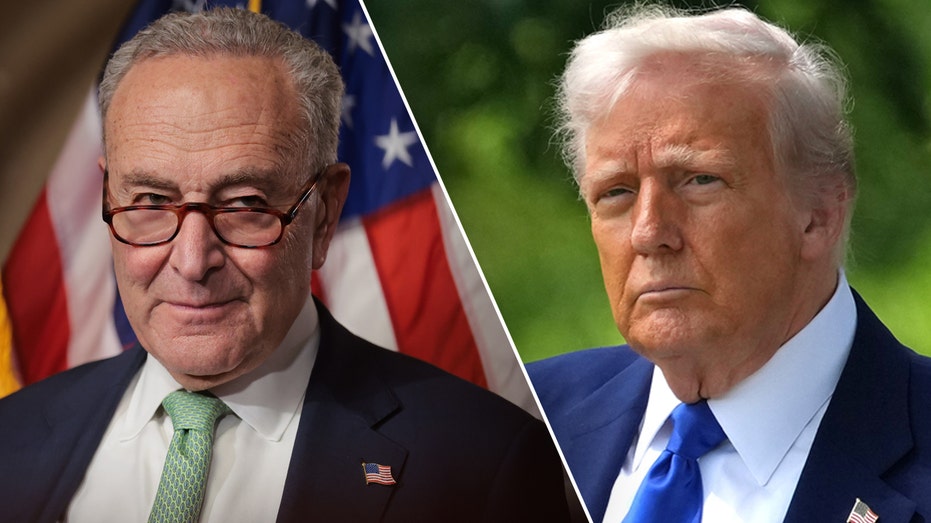



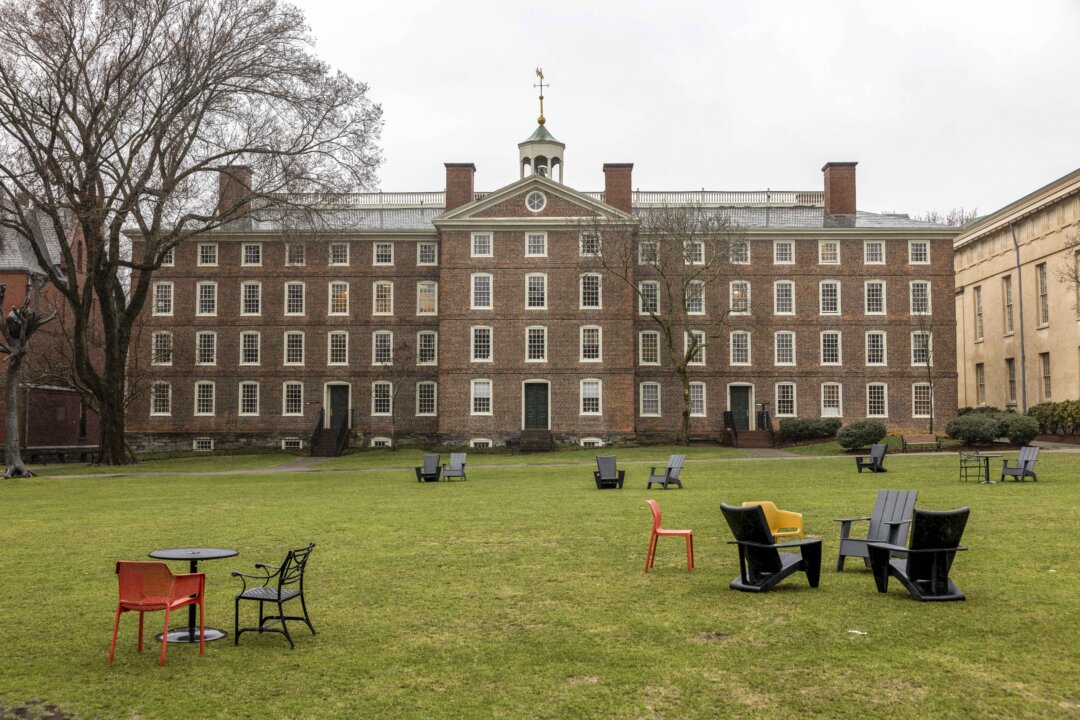
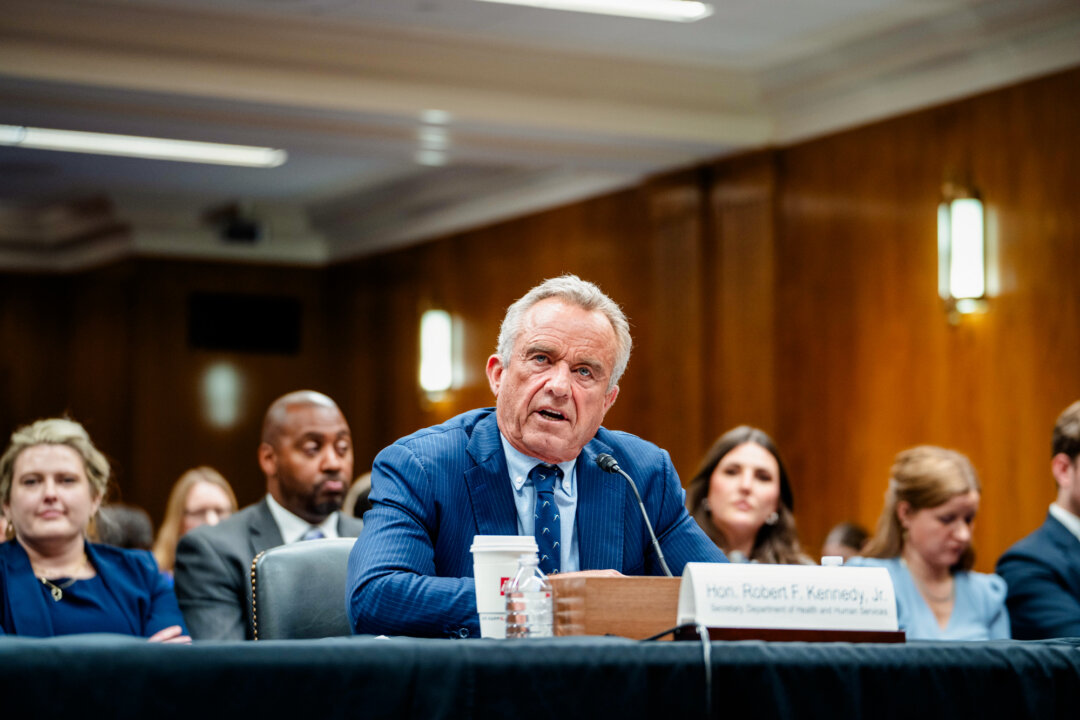
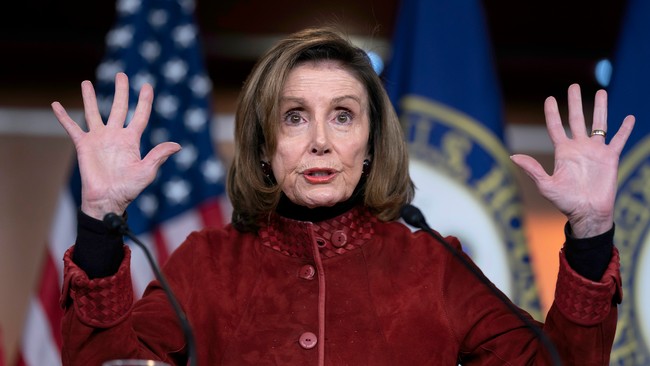

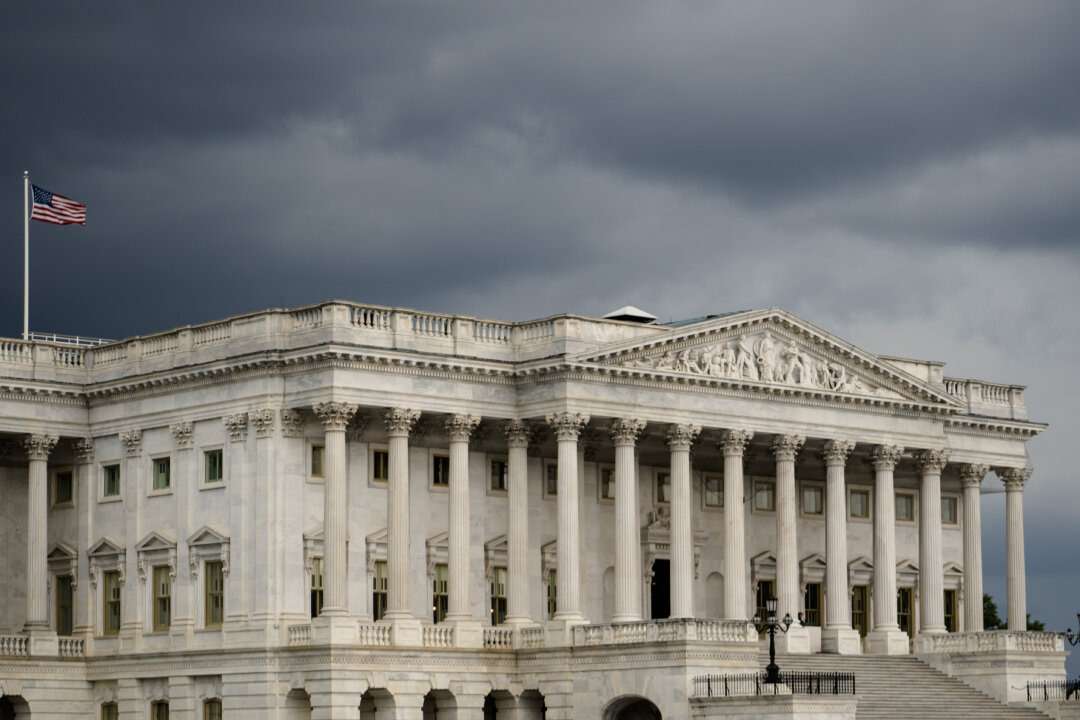

 English (US)
English (US)